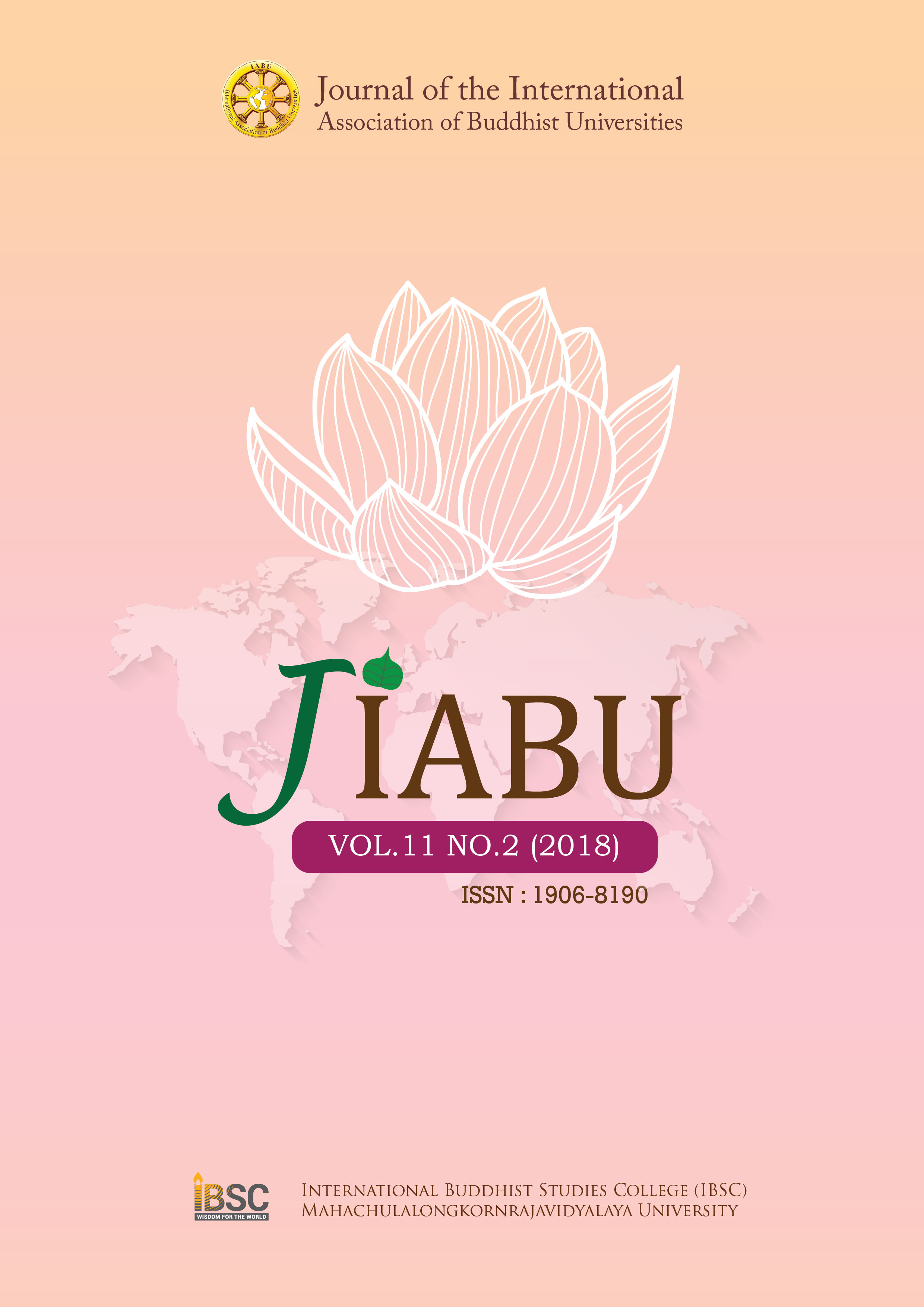Right Thought: A Noble Pathway to World Peace
Main Article Content
Abstract
There is nothing in all the world more beautiful than the prevalence of universal
brotherhood among mankind and there is no greater blessing in all the world than peace.
It is true that only human beings can bring peace to this world making it a heaven-like place.
However, by creating violence, he can turn this world into hell as well. It is evident that
in various cultures certain great persons have been elevated to divinity. This implies that one
can be a god or a demon based on his thoughts and deeds. Religions and social philosophies
teach and guide people to refrain from vicious thoughts, speech, and deeds and to practice
good instead. For instance, the Dhammapada summarizes the entire teaching of the Buddha
into one stanza of four lines. “Not to do all kinds of wrongdoings, to perform wholesome
acts, cleansing of one’s mind, this is the admonition of all the Buddhas”. In this teaching,1
without exception, all sorts of bad actions which are condemned by the civilized world as
harmful are rejected whereas whatsoever good action is there for the benefit of all beings are
praised. So, in brief, what we all need for a meaningful life is recommended therein.
Article Details
Views and opinions expressed in the articles published by The Journal of the International Association of Buddhist Universities (JIABU), are of responsibility by such authors but not the editors and do not necessarily reflect those of the editors.
References
The Middle Length Discourses of the Buddha, Bhikkhu Bodhi tr., p.390.
Suttanipāta, p.26.
The Numerical Discourses of the Buddha, Bhikkhu Bodhi tr., p.1485.
A. I, p.262.


